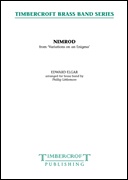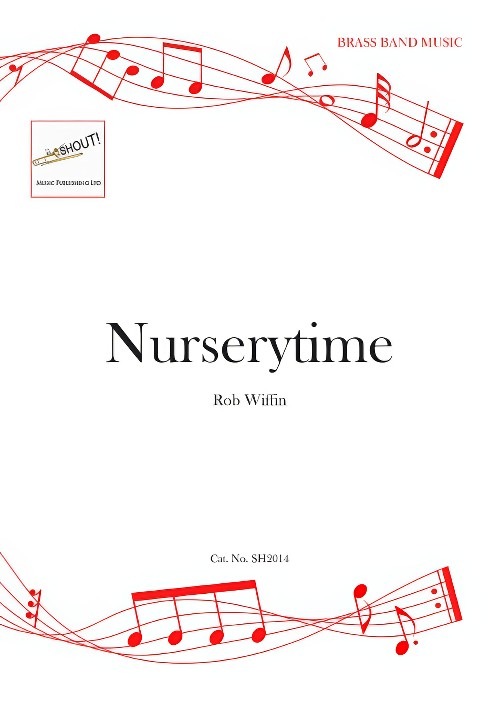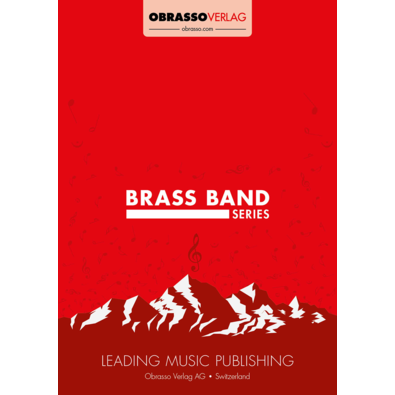Results
-
 £35.00
£35.00Nimrod (from Enigma Variations) (Brass Band - Score and Parts) - Elgar, Edward - Littlemore, Phillip
Elgar wrote his Enigma Variations between 1898 and 1899. It is without a doubt Elgar's best-known large scale composition, and is dedicated to 'my friends within', as each variation is an affectionate portrayal of one of his circle of close acquaintances. The ninth variation, Nimrod, is dedicated to Augustus J. Jaeger, Elgar's publisher at Novello & Co. and also his editor and close friend. The name of the variation refers to 'the mighty hunter before the Lord' and can be found in the Book of Genesis. The name J?ger is German for hunter. Often used for solemn occasions, it is the most poignant and beautiful pieces of British music. Duration: 4:00
Estimated dispatch 7-14 working days
-
 £32.95
£32.95Nurserytime (Brass Band - Score and Parts) - Wiffin, Rob
This selection of well-known nursery rhymes and children's songs was made for the 2006 Party at the Palace. It includes Here we go round the Mulberry Bush, Incy Wincy Spider, Half a Pound of Tuppenny Rice, Three Blind Mice, Singing Polly Wolly Doodle, Old MacDonald had a Farm, One Man Went to Mow a Meadow, and Oh Dear What Can the Matter Be amongst others (Ring-a-ring a-roses, Hickory-dickory dock, Row, row, row your boat, Skip to my Lou)Duration: 5.00
Estimated dispatch 7-14 working days
-
£35.00
GOT TO GET YOU INTO MY LIFE - arr Leigh Baker
In Stock: Estimated dispatch 3-5 working days
-
£25.00
NEARER MY GOD TO THEE - N.Wears
In Stock: Estimated dispatch 3-5 working days
-
£24.95
I VOW TO THEE MY COUNTRY (Brass Band Set) - Holst - Ray Steadman-Allen
This noble tune was originally part of the 'Jupiter' movement of 'The Planets' suite and now also appears as a hymn tune called 'Thaxted'.
Estimated dispatch 7-14 working days
-
 £56.00
£56.00My Robin Is To The Greenwood Gone - Traditional - Sandy Smith
Estimated dispatch 7-14 working days
-
 £56.00
£56.00To Make You Feel My Love - Bob Dylan - Christopher Wormald
Estimated dispatch 7-14 working days
-
 £92.00
£92.00Nearer, My God, To Thee - Lowell Mason
Estimated dispatch 5-14 working days
-
 £54.99
£54.99Songs from the Old West - Dagmar Kildevann
Hear the beat of horse hooves and feel the blistering heat of the prairie. In this medley of five well-known songs, arranger Dagmar Kildevann has truly captured the atmosphere of the Wild West. An attractive feature of this piece is the various comic effects that Kildevann has included in the arrangement of the folksongs Home on the Range, Deep in the heart of Texas, Clementine, Skip to my Lou and Polly Wolly Doodle. A guaranteed winner!
Estimated dispatch 5-14 working days
-
£37.95
I Vow to Thee, My Country - Gustav Holst
Estimated dispatch 5-14 working days
